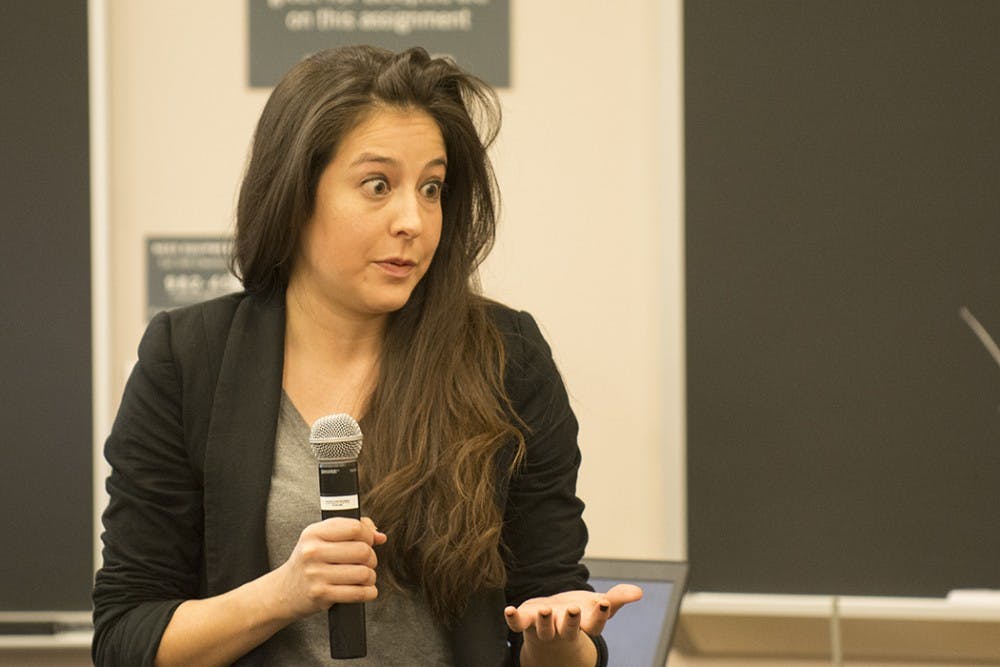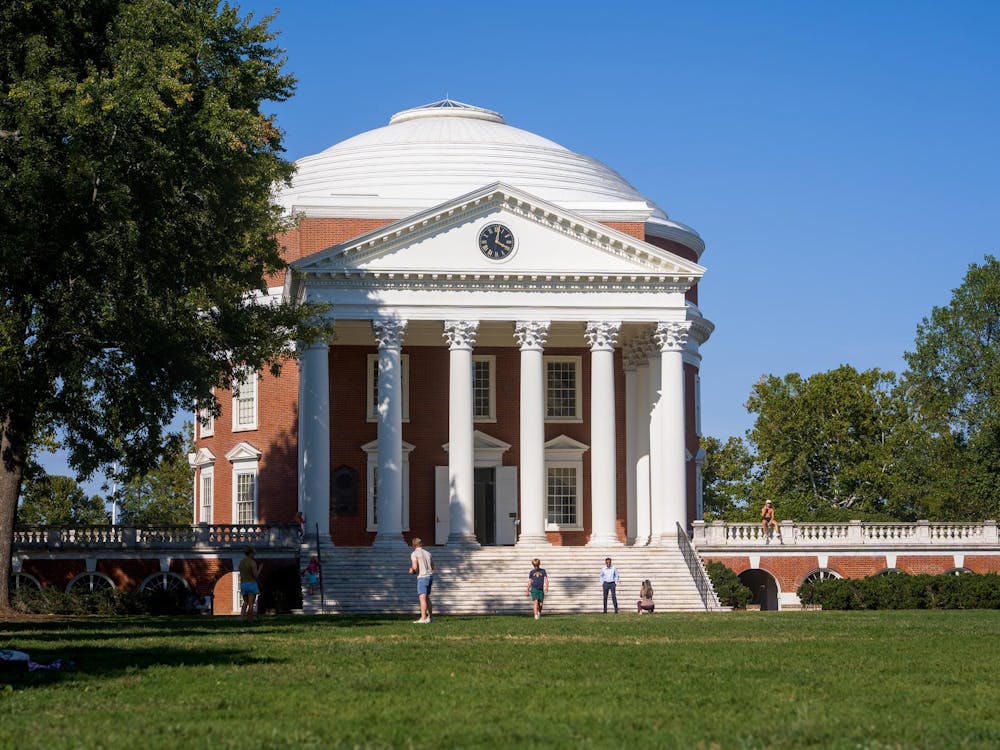University professors from the politics, economics, history and philosophy departments, along with a professor from the University Law School, gathered with students for a teach-in on refugees, migration and borders Wednesday.
According to the politics department website, the teach-in was one of many happening across the country Wednesday “to familiarize students and our community in the state of the world’s borders, recent U.S. immigration policy changes and international migration.”
Professors from various departments gave brief presentations for the first hour of the teach-in. Topics ranged from the legality and ethics of President Donald Trump’s recent executive orders to the economic impact of immigration.
Students in attendance were then allowed to address the entire panel during a question and answer session which followed the presentations.
The teach-in was organized by Asst. Prof. Murad Idris, Assoc. Prof. Jennifer Rubenstein and Prof. David Leblang, all from the politics department. Rubenstein and Leblang, who are currently teaching the class, “Refugees, Migration and Borders,” decided to have the teach-in to bring a wealth of perspectives together to answer any questions that students might have.
“Rather than doing this just for our class, we thought, well, ‘we’ll open it up to the University community,’” Leblang said. “There are often times when there are events that really transcend the walls of our closed classroom and we figured this was one of those.”
Dozens of students showed up for the teach-in.
Post doctoral fellow Lucila Figueroa spoke specifically on immigration enforcement and the concept of a border law.
“Immigration enforcement is now more expensive than all other law enforcement departments put together,” Figueroa said. “It may have actually increased the number of undocumented immigrants in the U.S.”
One of the goals of the teach-in was to help attendees realize the complexity of the issues, Asst. Bioethics Prof. Sahar Akhtar said.
“Hopefully [this] helped students and the public have an opportunity to ask really important and complicated questions that they might not be able to ask inside the classroom or among their peers,” Akhtar said. “I don’t know that there’s any single moral or political response that we should have towards the current immigration order. I have a range of moral concerns.”
In addition to getting answers to their questions, Leblang said he wanted to make sure students left knowing there are others people who have similar questions about legislature.
“I want them to leave ... with the knowledge that there are other students that have other questions, and if they're uncomfortable with the policies that are coming from Washington to let them know that they aren’t alone,” Leblang said.
Leblang also said he hopes to see more of these types of events in the future.
“I’m a political scientist so any time you get people interested, active and engaged in talking about politics, I’m all in favor of it,” Leblang said.







